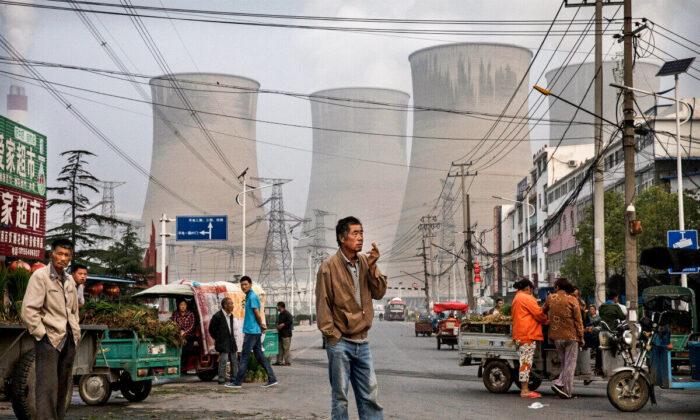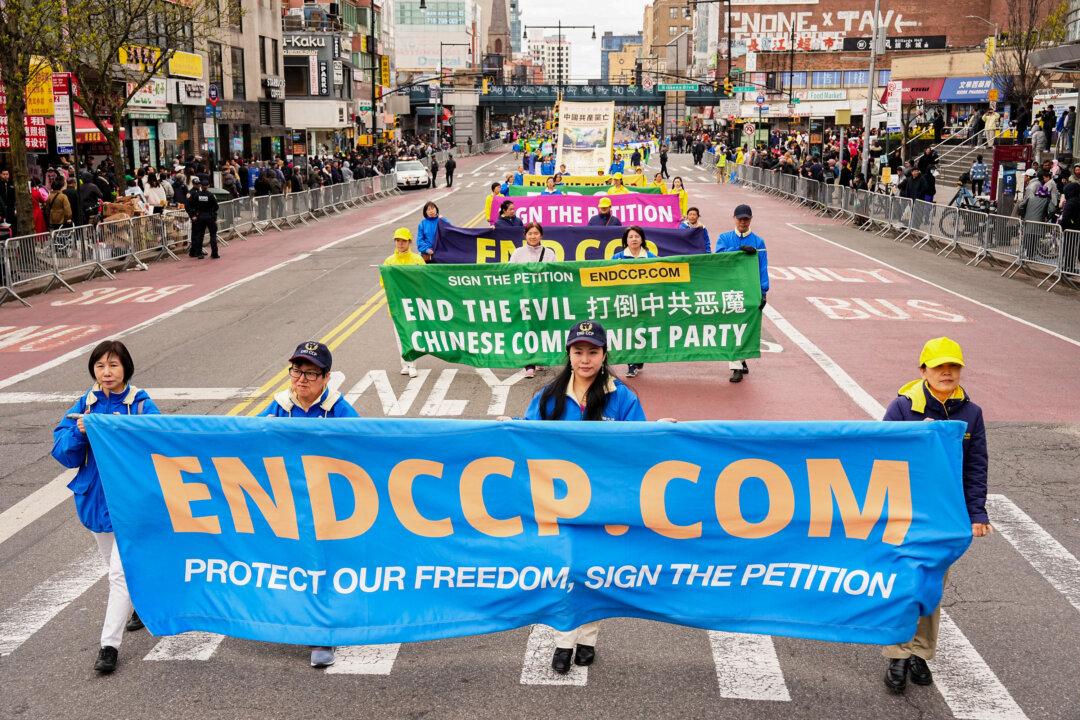One of Australia’s largest coal miners is planning to raise $1 billion (US$740 million) through the sale of bonds in China and Asia amid increasing financial pressures locally due to climate change activism.
Kevin Ball, the chief financial officer of Whitehaven Coal—which operates four coal mines in northwest New South Wales (NSW)—said Asian debt capital markets would be able to provide funding for “decades to come.”
Ball said the company was planning to start issuing bonds sooner but would wait until the dust was settled around struggling Chinese property giant, Evergrande Group.
“The China property market has probably put the frighteners under that at the moment, so I think we are waiting to see how that plays out,” he said. “We will be there, and we will get it done, but we want to wait for the right market.”
Another is in the form of activist shareholder groups pushing for climate change initiatives during Annual General Meetings. At the same time, some banks have warned that the cost of borrowing from global markets could increase if Australian banks were deemed not to be doing enough on environmental, social, and governance (ESG) issues.
Tshung Chang, a current mining executive with experience in the financial sector in Asia, said it was no surprise companies like Whitehaven were turning offshore and noted that in developing countries “coal is king.”
“The fundamentals of coal, the coal industry, coal producers, and miners have never been stronger because of record high prices in modern thermal and coking coal,” he told The Epoch Times.
“If the lending sources in Australia—some of them Big Banks—if their appetite towards coal has dried as a result of green activists. Then turning to other sources is a natural way of securing funding,” he added.






Friends Read Free